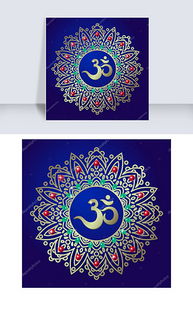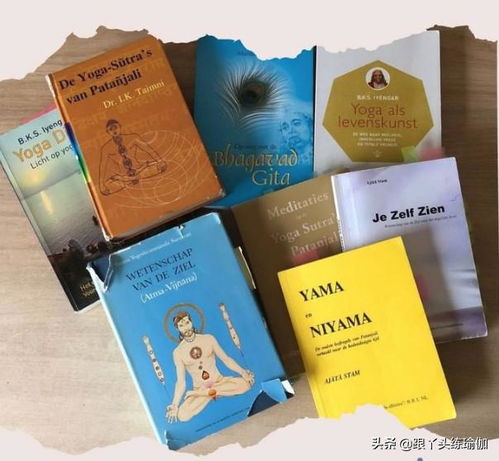AUM or OM: The Meaning and Significance
Have you ever wondered about the profound meaning behind the sacred sound “AUM” or “OM”? This article delves into the depths of this ancient symbol, exploring its origins, spiritual significance, and its role in various cultures and traditions.
Origins of AUM or OM

The sound “AUM” or “OM” is considered to be the primordial sound from which the entire universe emerged. It is believed to be the first sound that was ever made and is often referred to as the “seed” or “source” of all sounds. The word “AUM” is derived from the Sanskrit language, which is one of the oldest languages in the world.
According to Hindu mythology, the universe was created from the sound “AUM”. It is said that Brahma, the creator god, chanted “AUM” and from this sound, the entire universe was born. The sound is also considered to be the essence of the Vedas, the oldest sacred texts of Hinduism.
Spiritual Significance of AUM or OM

In Hinduism, “AUM” or “OM” is considered to be the most sacred sound and is often used in meditation, yoga, and other spiritual practices. The sound is believed to have the power to purify the mind, body, and soul, and to bring about inner peace and tranquility.
When chanted, “AUM” is said to activate the chakras, which are energy centers in the body. Each chakra corresponds to a different aspect of the human experience, and chanting “AUM” is believed to balance these energies, leading to a state of harmony and well-being.
Additionally, “AUM” is considered to be a powerful mantra, which is a word or phrase repeated to invoke a particular spiritual quality. The sound is believed to have the power to transform one’s consciousness and to bring about enlightenment.
Cultural and Traditional Significance of AUM or OM

The sound “AUM” or “OM” is not only significant in Hinduism but is also found in other cultures and traditions around the world. In Buddhism, “OM” is considered to be the sound of the Buddha and is often used in meditation and prayer.
In Jainism, “AUM” is considered to be the sacred sound of the universe and is used in rituals and ceremonies. In Sikhism, “AUM” is considered to be the name of God and is often used in prayers and hymns.
In the West, “AUM” or “OM” has gained popularity as a symbol of spirituality and mindfulness. It is often seen in yoga studios, meditation centers, and other places where people seek to connect with their inner selves.
Practical Uses of AUM or OM
Chanting “AUM” or “OM” is a simple yet powerful practice that can be incorporated into daily life. Here are some practical ways to use this sacred sound:
-
Meditation: Chanting “AUM” during meditation can help focus the mind and bring about a state of inner peace.
-
Yoga: Many yoga practitioners use “AUM” as a way to connect with their breath and to deepen their practice.
-
Relaxation: Chanting “AUM” can be a soothing sound that helps reduce stress and anxiety.
-
Prayer: In many spiritual traditions, “AUM” is used as a form of prayer or invocation.
Conclusion
“AUM” or “OM” is a powerful and sacred sound that has been used for thousands of years to bring about spiritual transformation and inner peace. Whether you are a practitioner of Hinduism, Buddhism, Jainism, Sikhism, or simply someone seeking to connect with their inner self, the sound of “AUM” can be a valuable tool on your spiritual journey.



